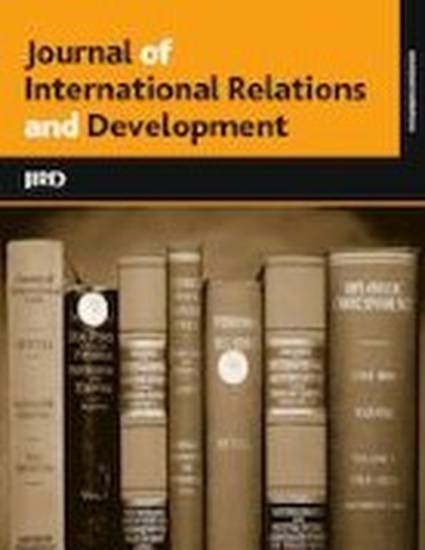
Article
Why Democracy Matters: Democratic Attributes and Human Well-Being
Journal of International Relations and Development
(2019)
Abstract
Large disparities exist in the quality of lives among democratic and nondemocratic regimes. This paper attempts to explain this variation among democratic regimes by unpacking the concept of democracy and analysing the effect of three core democratic attributes — political representation, citizens’ participation, and electoral competition — on human well-being outcomes. I argue that higher levels of representation, participation, and competition provide incentives for political representatives to perform well in office and enhance the general welfare of the masses. A time-series cross-sectional analysis is used on a global sample of 75 democracies to assess the relationship between the theoretical variables of interest from 1995 to 2013. The findings demonstrate that electoral competition plays an important role in reducing infant mortality within as well as between democratic countries while political representation helps explain disparities in infant mortality between democratic countries. Overall, the paper demonstrates that the role of democratic politics in general extends to the domain of societal well-being.
Keywords
- competition,
- democracy,
- health,
- infant mortality,
- political regime,
- representation
Disciplines
Publication Date
June, 2019
DOI
10.1057/s41268-017-0105-1
Citation Information
Nisha Mukherjee Bellinger. "Why Democracy Matters: Democratic Attributes and Human Well-Being" Journal of International Relations and Development Vol. 22 Iss. 2 (2019) p. 413 - 440 ISSN: 1408-6980 Available at: http://works.bepress.com/nisha-bellinger/10/
